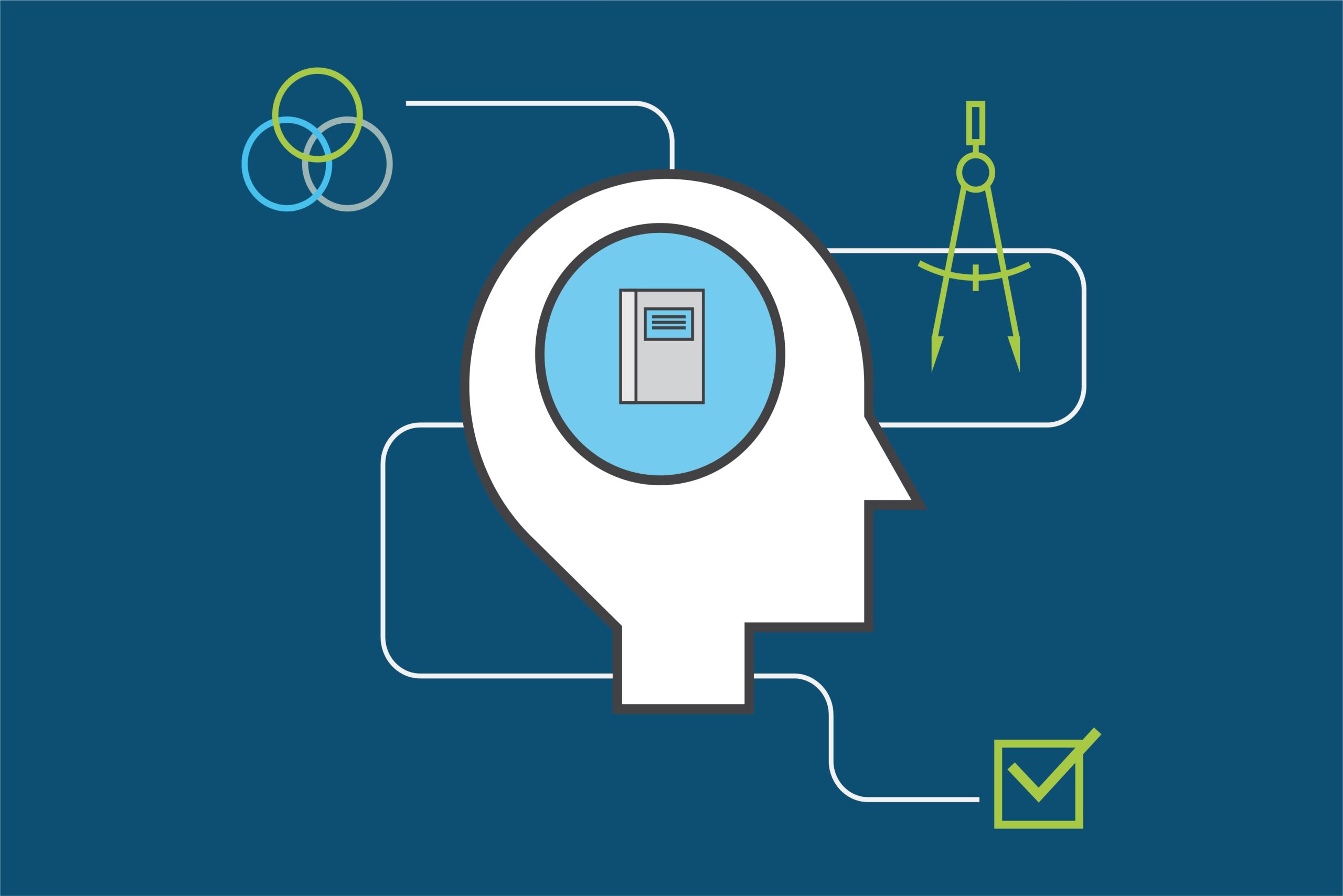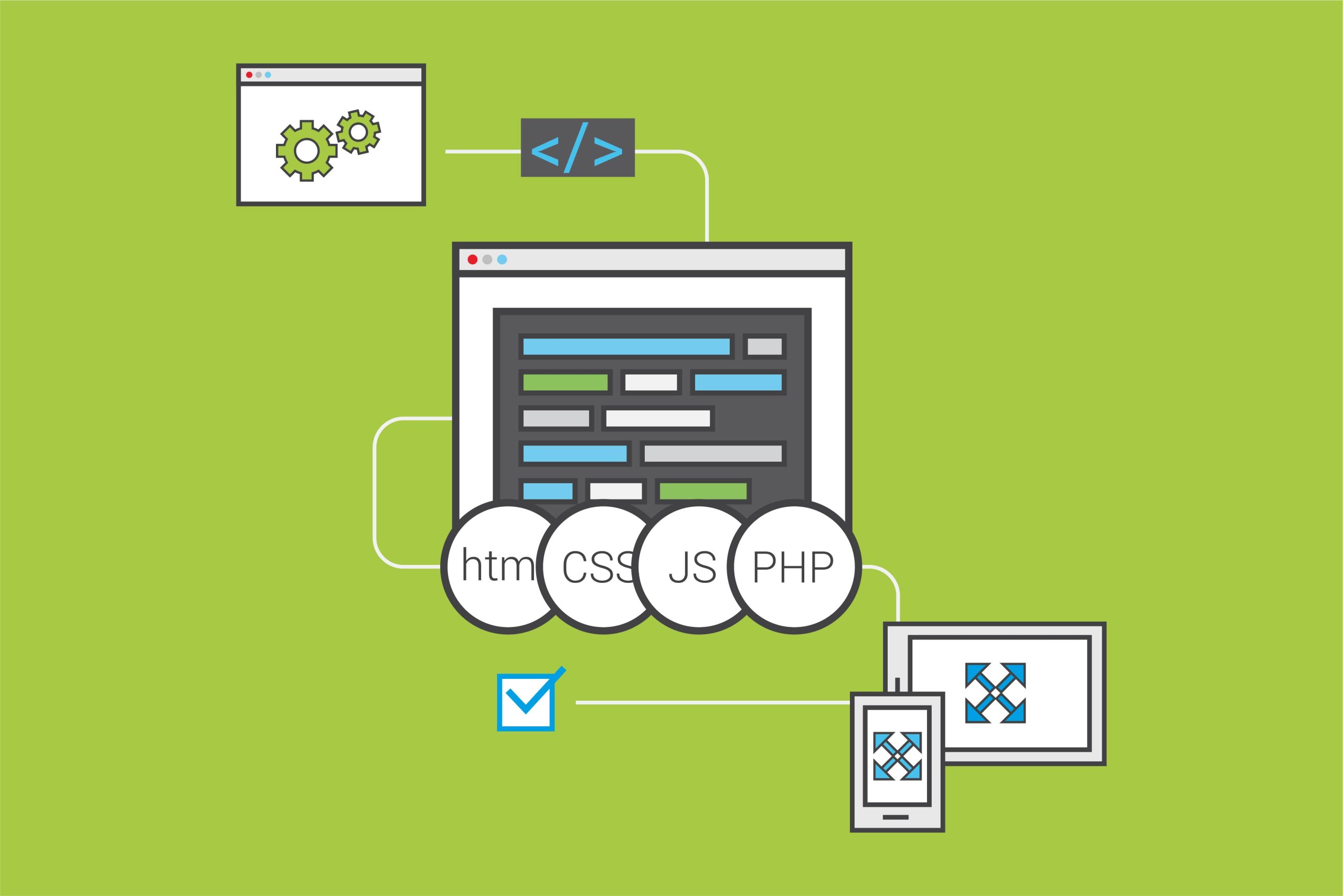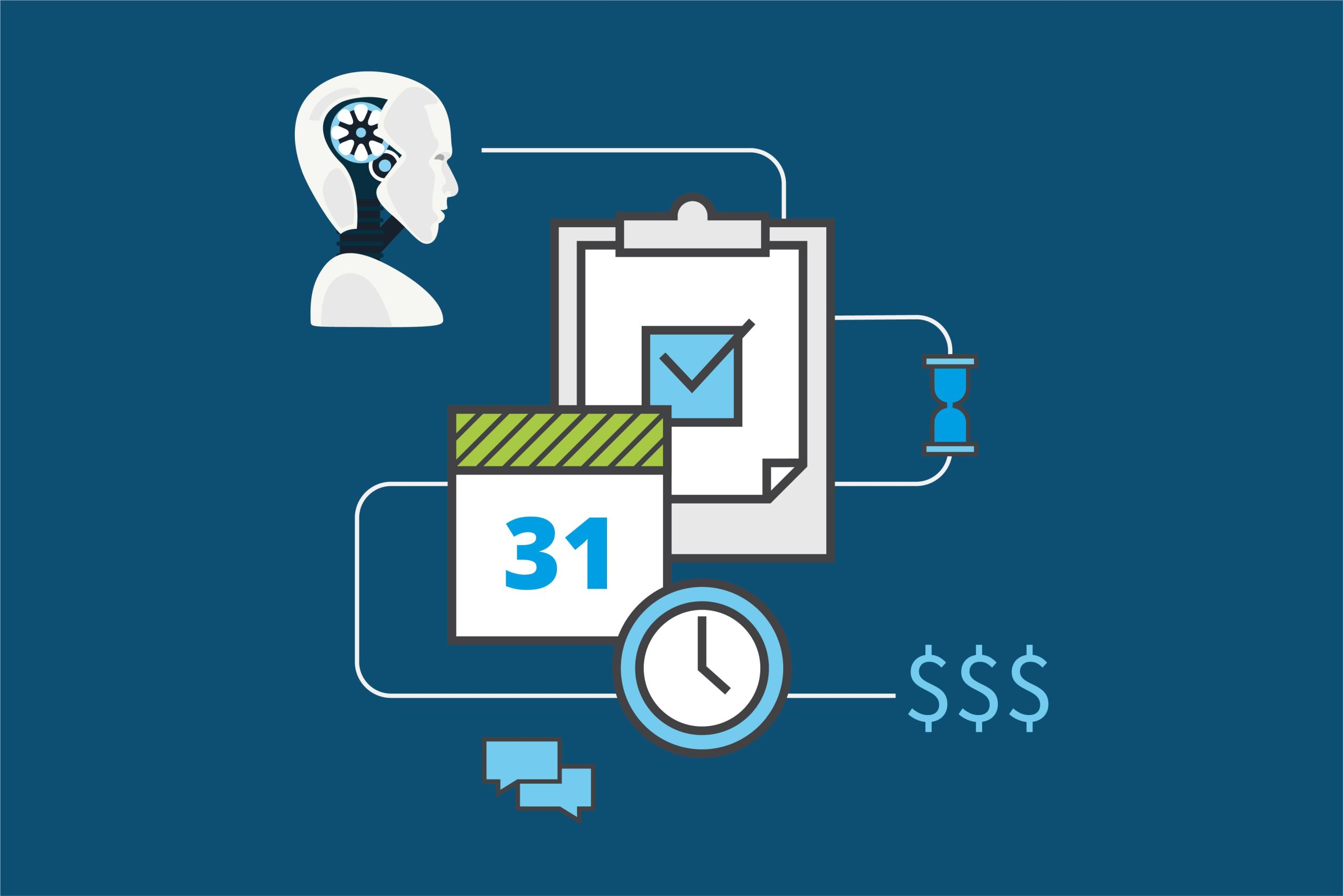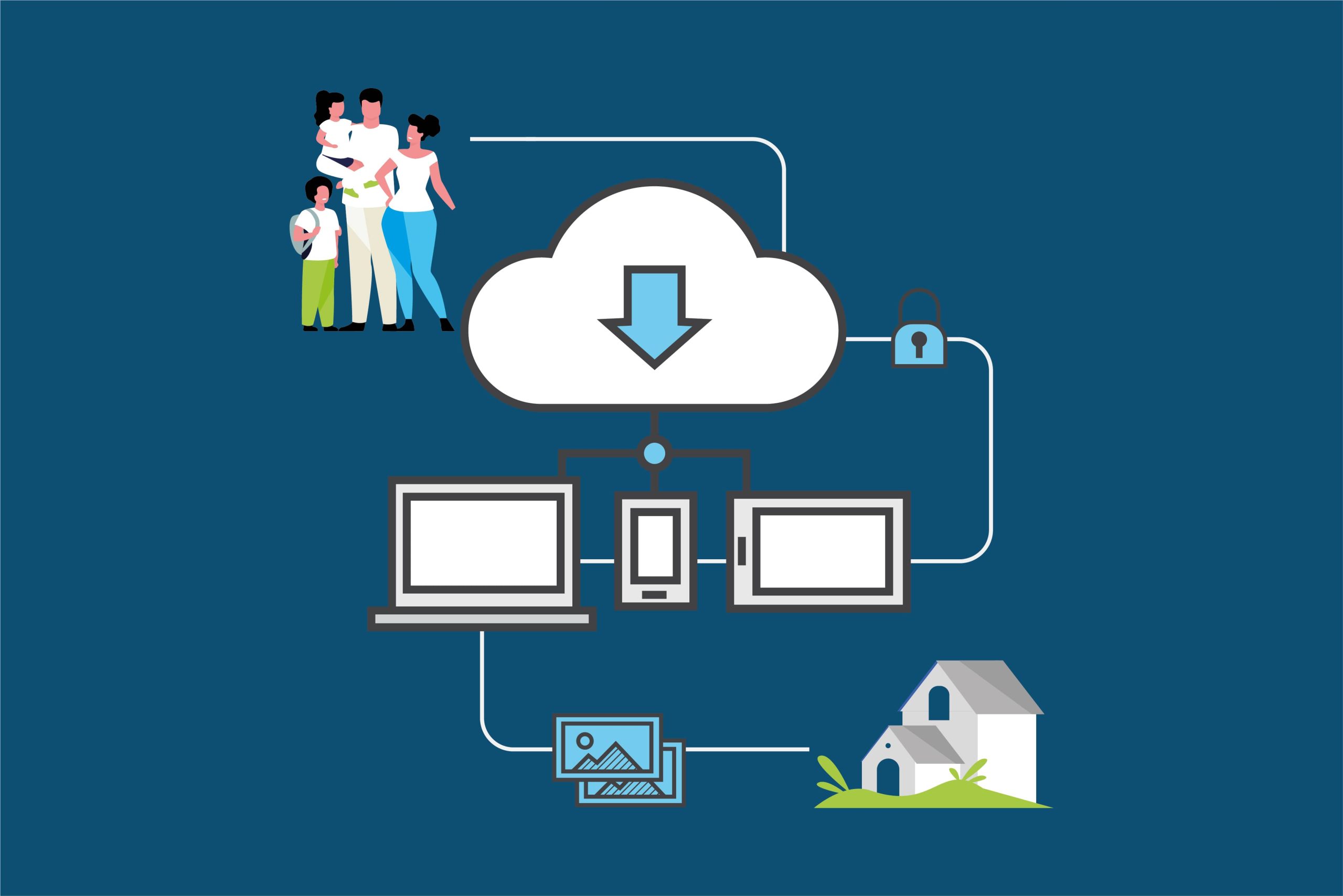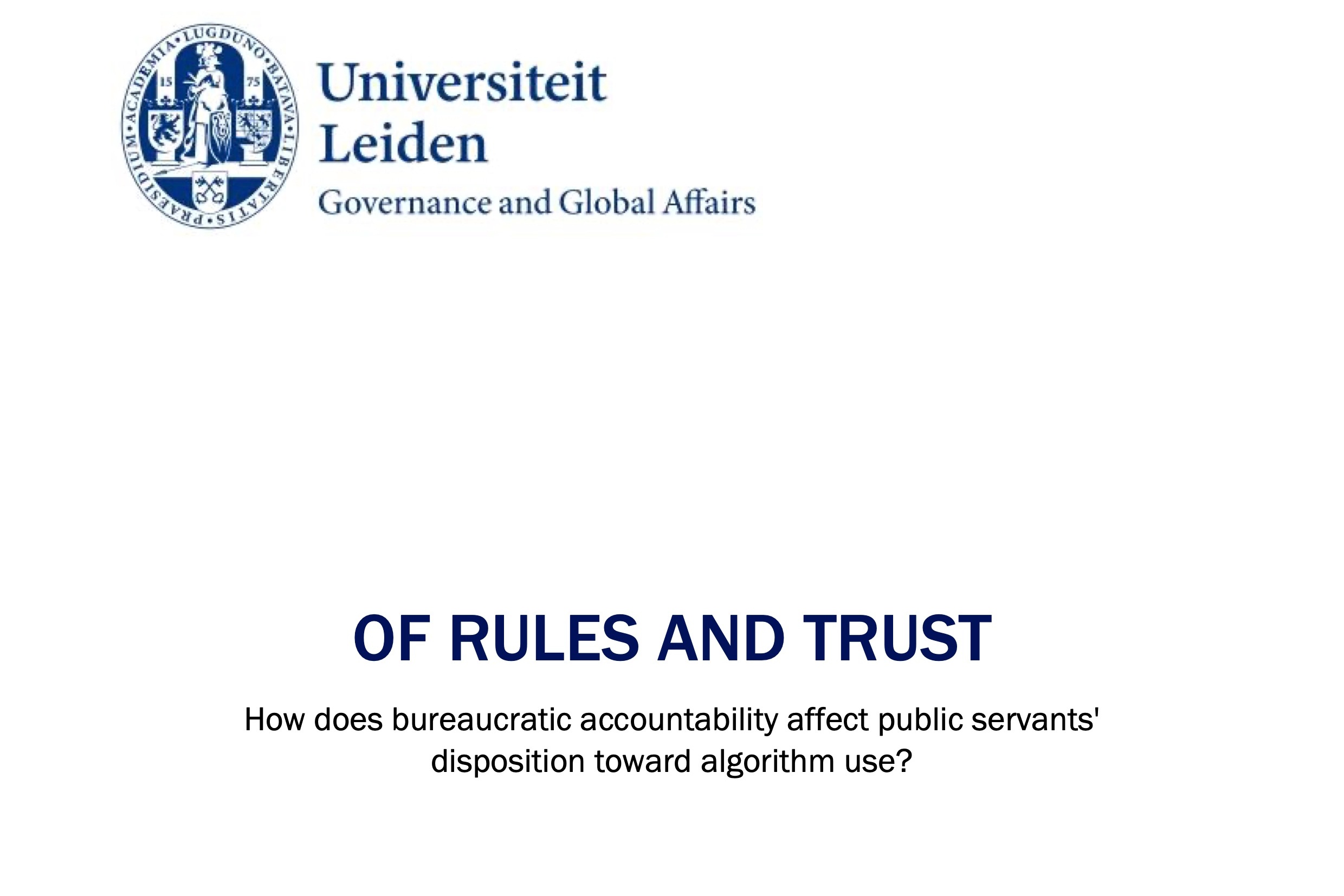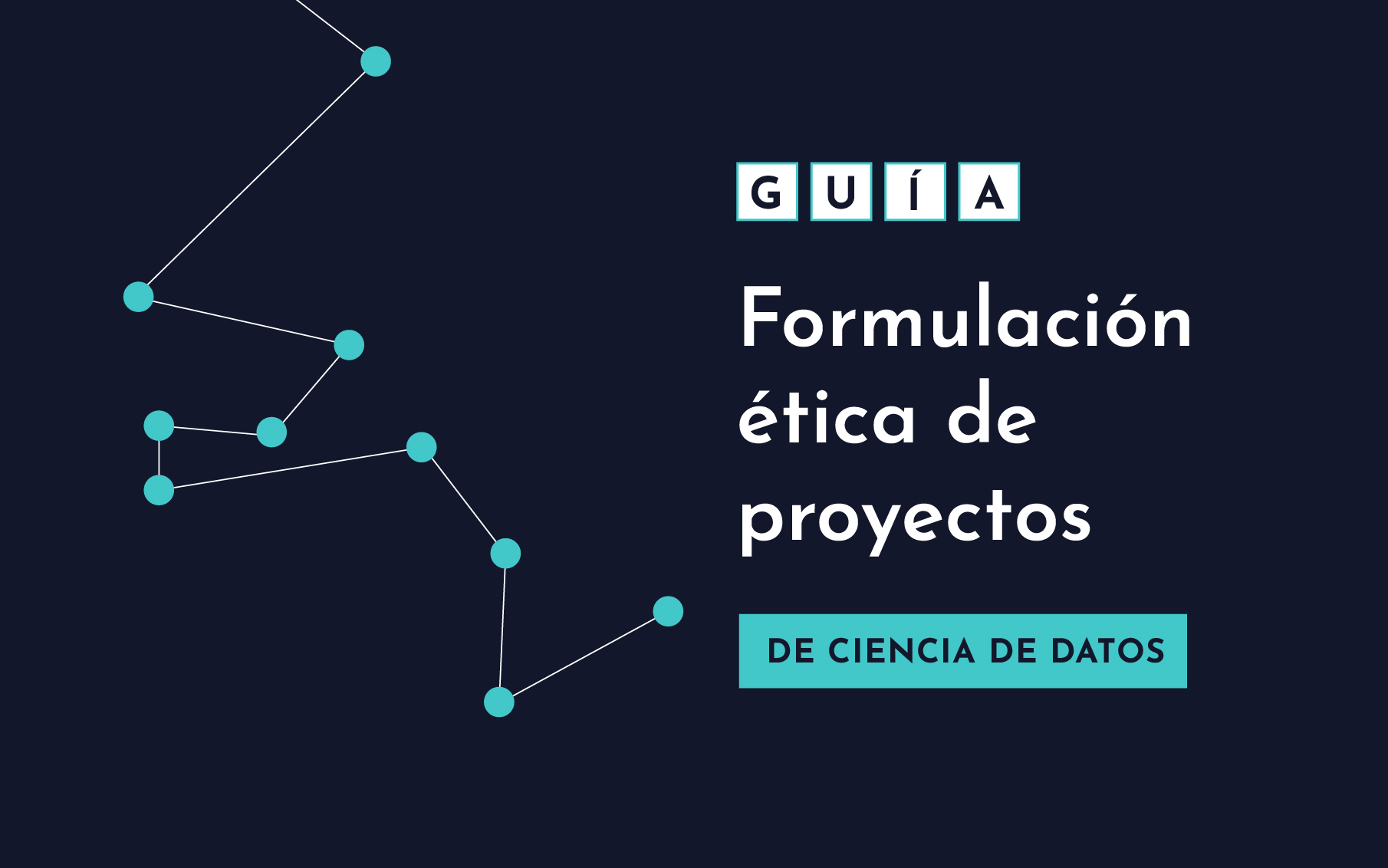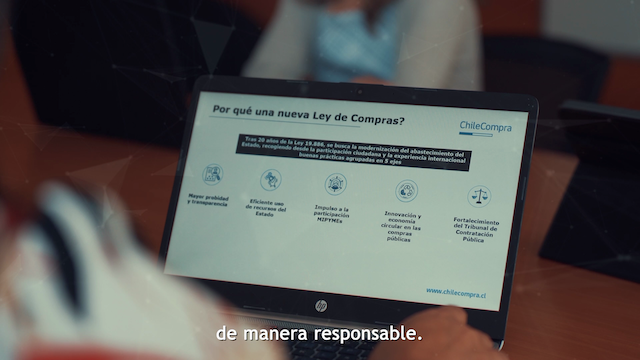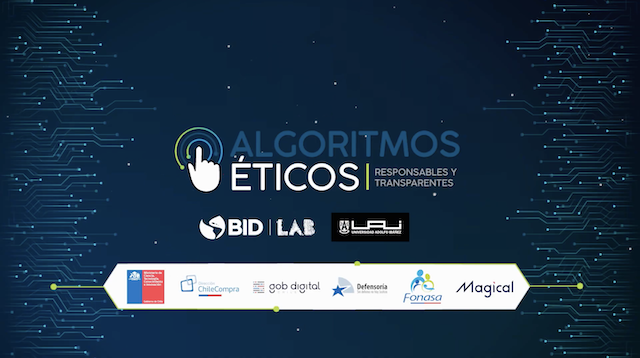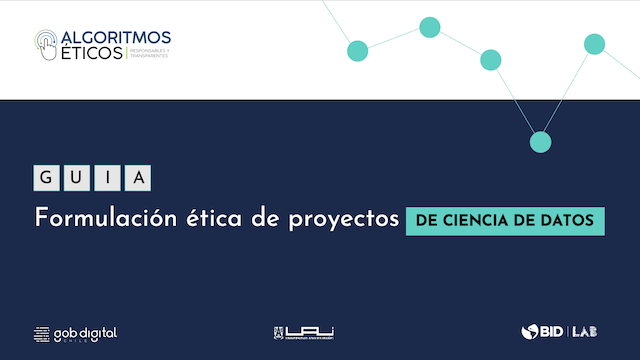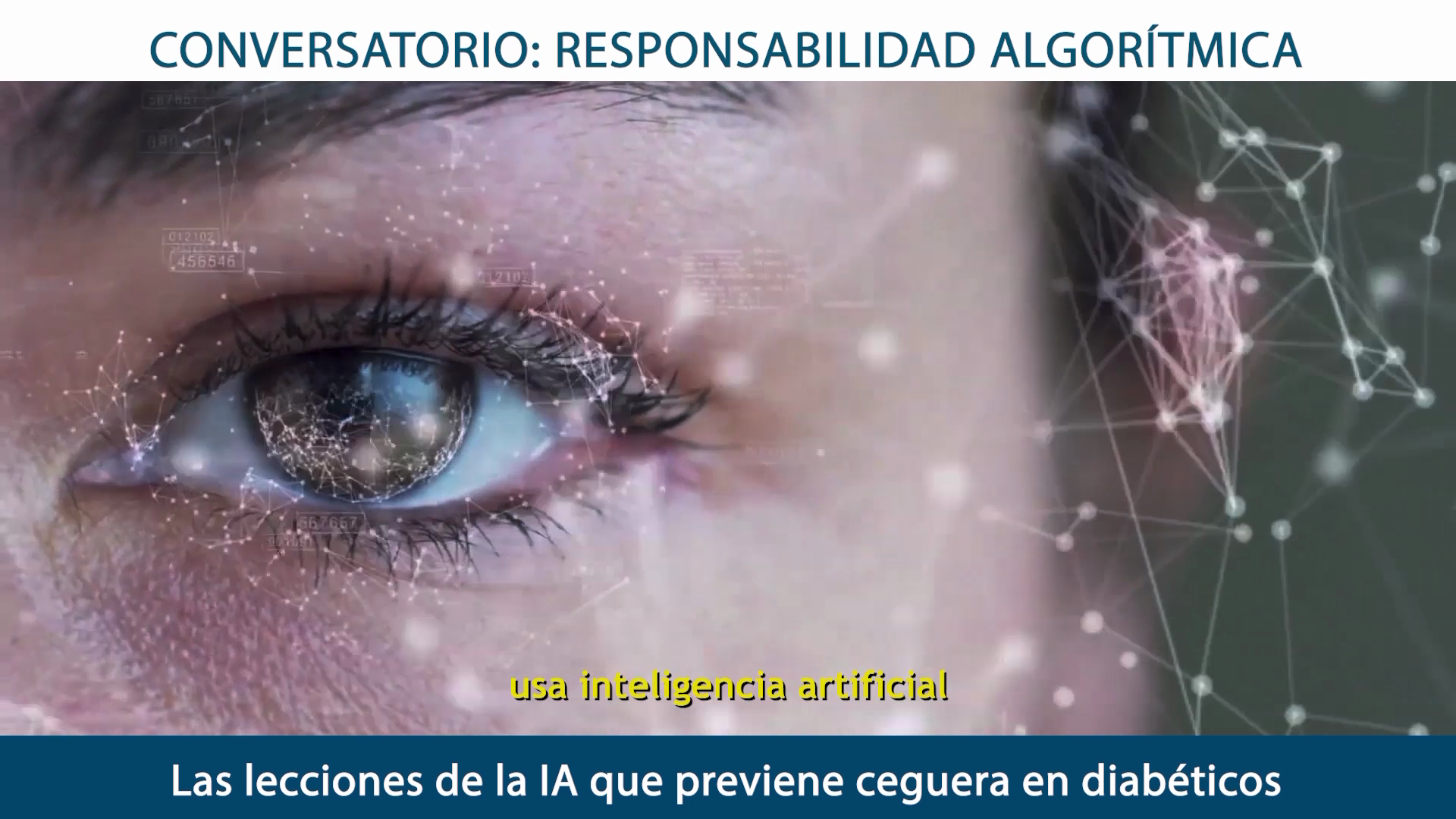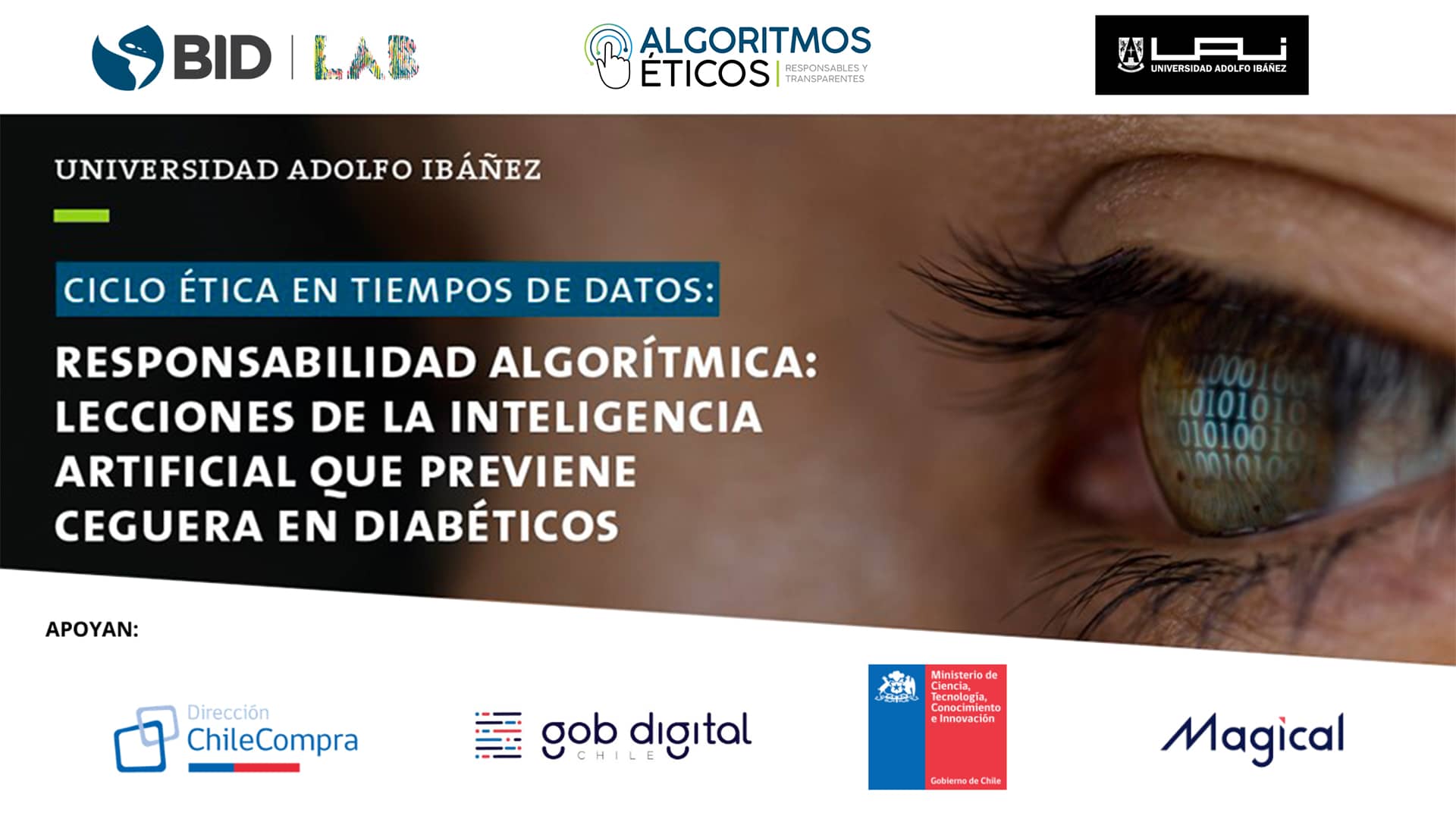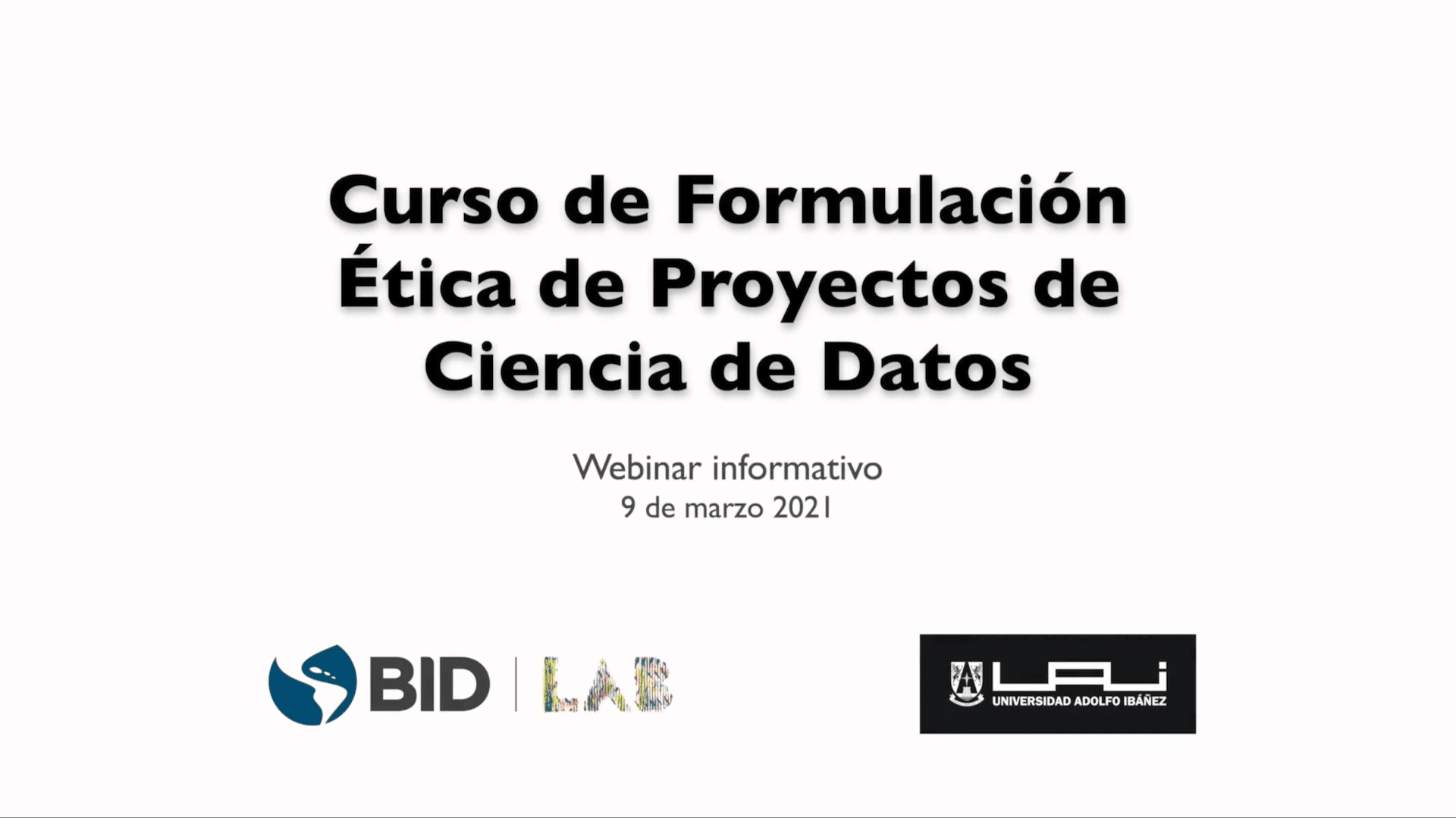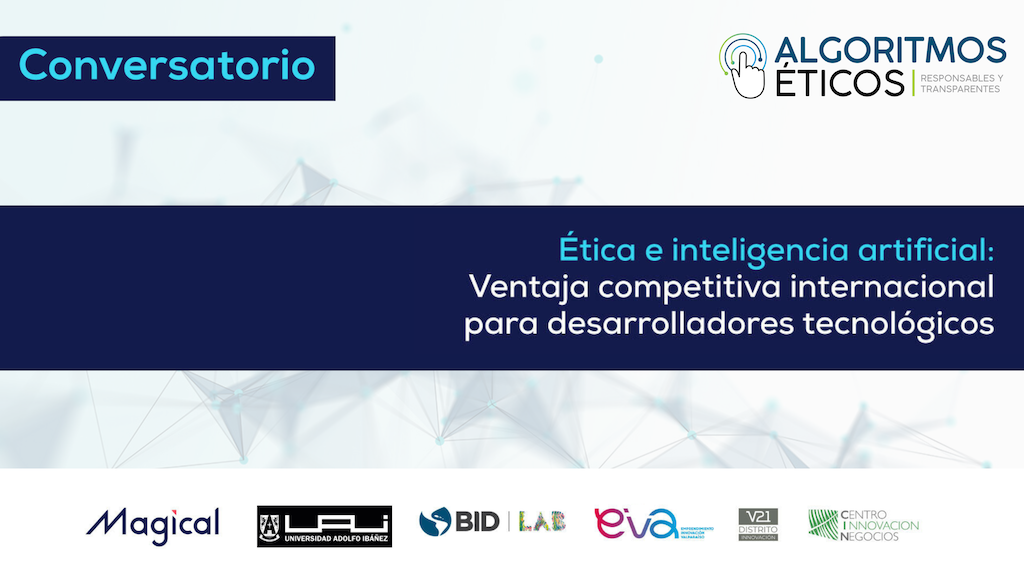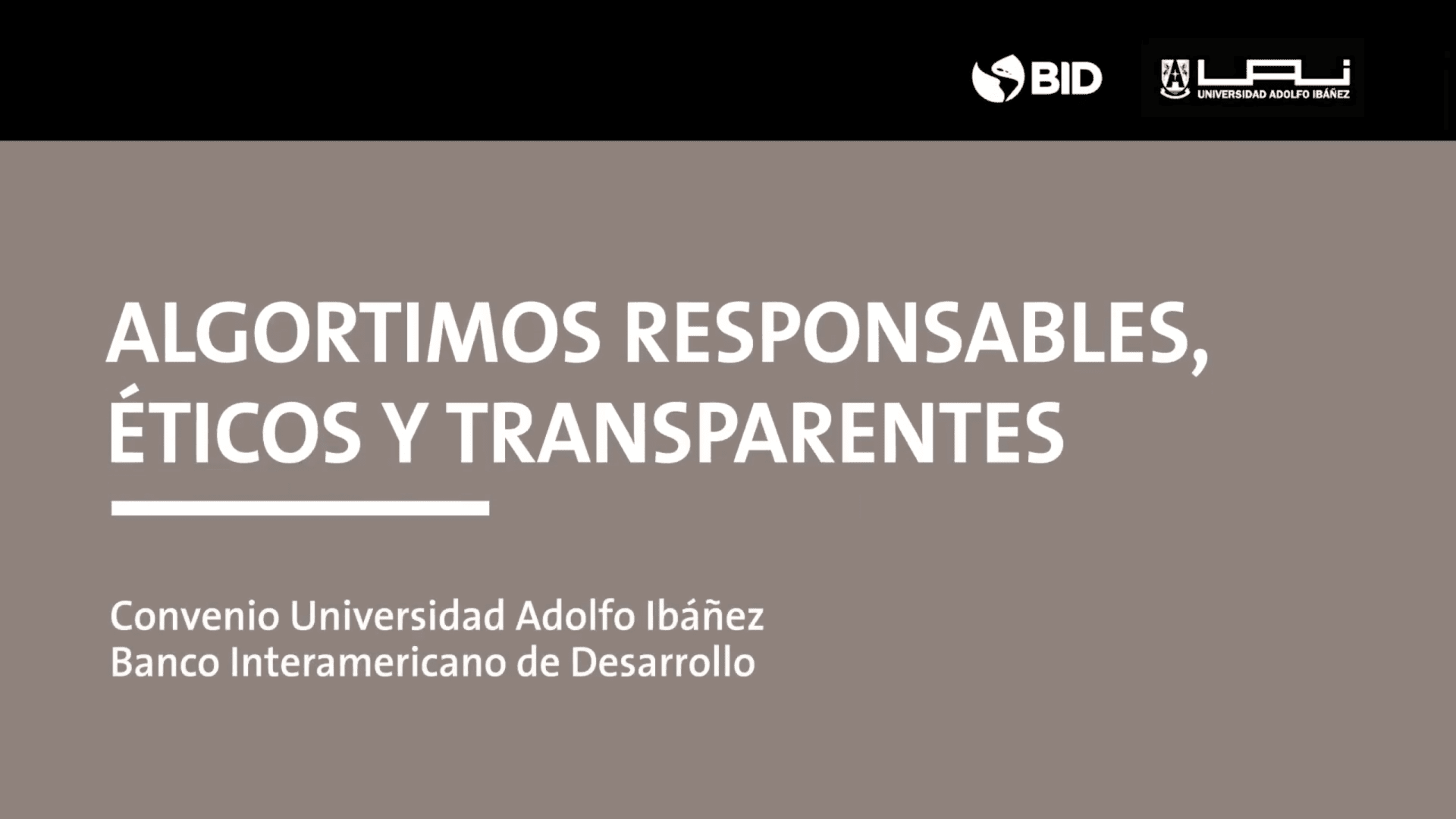
This is an unprecedented project in Chile executed by UAI with funding from the IDB Lab (IDB Group’s innovation lab) in alliance with partners from the public and private sphere.
PROJECT

This is an unprecedented project in Chile executed by UAI with funding from the IDB Lab (IDB Group’s innovation lab) in alliance with partners from the public and private sphere.
Its purpose is to install capabilities and standards to incorporate ethical considerations into the purchasing and utilization of artificial intelligence and automated decision algorithms in state agencies, as well as into the formulation and development of these solutions by technology providers.


Products
Regulations, Tools and Guides
August 2022, in collaboration with Gobierno Digital (Digital Government)
Ethical Formulation of Data Science Projects Guide
January 2023, in collaboration with ChileCompra
Standard Bidding Terms for Data Science and AI Projects
Under development, in collaboration with Magical, IDB Lab and MinCiencia (Science Ministry)
Responsible Investment Tool: fAIr Venture
Under development, in collaboration with the Council for Transparency
General Instruction on Algorithmic Transparency
Pilots
for the Implementation of Ethical Standards
Public Bid
External Audit Service Based on Data
2022-2023, in collaboration with the Public Criminal Defender’s Office
Public Bid
Solution for the Selection of Service Providers to be Inspected under the Free Choice Modality
2022-2023, in collaboration with FONASA
Internal Development
Bringing Uncollected Benefits Closer to Citizens
2023, in collaboration with IPS
News

UAI y la DPP concluyen primera etapa de pilotaje algorítmico con estándares de ética de datos

ChileCompra presents unprecedented Standard Bidding Terms for algorithms and artificial intelligence with ethical requirements

UAI and Chilean Transparency Council lead pilot at public agencies for first regulations on algorithmic transparency in Latin America
Team

Journalist, Pontificia Universidad Católica de Chile, 2004.
Director of GobLab UAI, the public innovation lab of the UAI School of Government, whose mission is to contribute to the transformation of the public sector through data science. She is the Academic Director of the Big Data for Public Policies Diploma Course, where she teaches ethical data management. Her area of expertise is public innovation, specifically how technology transforms the government, and innovations such as Big Data, open data, crowdsourcing and labs. As a research fellow at The Governance Lab of New York University, she worked in projects with the Inter-American Development Bank and the Organization of American States. From 2012 to 2014, she was Head of the Citizen Relations and Information Management Unit of the Public Works Ministry, where she led the redesign of citizen assistance services and the transparency and open data initiatives. From 2010 to 2011, she worked at the Ministries of Energy and Economy. She is a consulting fellow at The Governance Lab in New York. She is part of two government advisory committees: the Committee of Experts for the creation of a National Artificial Intelligence Policy (Ministry of Science) and the Ministerial Advisory Committee for the Transparency, Quality and Impact of Public Spending (Ministry of Finance).




Since 2017, he has worked at the Center for Bioinformatics and Computational Biology (BIOS) as leader of the scientific computing area, manager of the HPC cluster and researcher on topics related to his lines of work.
Starting in 2020, he served at the ICT and Competitiveness Secretariat of the City of Manizales and at the company People Contact as a digital transformation and artificial intelligence consultant.
He is a professor, researcher and coordinator of the electronic engineering program at Universidad Autónoma de Manizales since 2014, where he leads the projects entitled: Towards an Understanding of Plant Genomes of Productive Interest Using Bioinformatics, Artificial Intelligence and HPC Techniques, COVID-19 Detection Using X-Ray Images from Convolutional Neural Networks, and Convolutional Neural Networks for a Steganalysis of Images in the Spatial Domain.
For more information, visit:
https://scienti.minciencias.gov.co/cvlac/visualizador/generarCurriculoCv.do?cod_rh=0001614703&lang=es






Since 2014, he has worked as a software engineer at various private companies, leading multidisciplinary teams that include teachers, developers, designers, students and business units. During this period, he has specialized in digital transformation, continuous improvement, strategic planning and management of technological projects.
His areas of interest are software design and development, complex systems, artificial intelligence, social sciences and philosophy.



Publications
Of Rules and Trust. How does bureaucratic accountability affect public servants' disposition toward algorithm use?
This thesis explores the relationship between bureaucratic accountability and their disposition toward utilizing algorithms in their decision-making processes. Drawing upon the literature on government accountability and aversion to algorithmic decision-making, it hypothesizes that the more public officials are aware of the chains of accountability they are tied to, the less favorable they will be to utilizing algorithms.
Biases associated with database structure for COVID-19 detection in X-ray images
Several artificial intelligence algorithms have been developed for COVID-19-related topics, one that has been common is the COVID-19 diagnosis using chest X-rays. This paper analyses 19 datasets of COVID-19 chest X-ray images, identifying potential biases.
Analysis of Ethical Development for Public Policies in the Acquisition of AI-Based Systems
The exponential growth of AI and its applications in different areas of society, such as the financial, agricultural, telecommunications, or health sectors, poses new challenges for the government’s public sector, mainly in regulating these systems. Governments and entities in general address these challenges by formulating soft laws such as manuals or guidelines. They seek full transparency, privacy, and bias reduction when implementing an AI-based system, including its life cycle and respective data management or governance.
Ethical Formulation of Data Science Projects Guide
Through a clear methodology and specific examples adjusted to the Chilean reality and regulations, this guide aims to provide valuable support in planning, formulating and developing decision-making or decision-making support systems based on artificial intelligence or algorithmic models in the public sector, preventing discrimination biases, lack of transparency or misuse of personal data, among other potential issues.
Health Insurance and Algorithms: An Ethical Overview
This article discusses the ethical implications of the use of algorithms and artificial intelligence in the field of health insurance. Big Data and Machine Learning have been revolutionizing various areas of human life in the last decade.
Training
2023
Practical Implementation of Ethics in Data Science Course
Closed call for partner organizations
Videos
-
Algoritmos Éticos | Inéditas Bases Tipo para licitación de algoritmos e IA con requisitos éticos
-
Algoritmos Éticos | Dos años cambiando la forma de usar IA y algoritmos en Chile
-
Lanzamiento guía “Formulación ética de proyectos de ciencia de datos”
-
Proyecto Algoritmos Éticos, Responsables y Transparentes
-
Herramientas y experiencias globales para la adquisición pública de IA responsable
-
Trailer Conversatorio Responsabilidad Algorítmica (agosto 2021)
-
Conversatorio: Responsabilidad algorítmica y la IA que previene ceguera en diabéticos
-
Webinar informativo: Curso de Formulación Ética de Proyectos de Ciencia de Datos
-
Ética e IA: Ventaja competitiva internacional para desarrolladores tecnológicos
-
¿Por qué son necesarios los algoritmos éticos? Ma. Paz Hermosilla, Directora GobLab UAI
-
¿Por qué son necesarios los algoritmos éticos? Harald Beyer, Rector UAI
-
¿Por qué son necesarios los algoritmos éticos? Carlos Jerez, Decano FIC
-
¿Por qué son necesarios los algoritmos éticos? Yolanda Martínez, BID en Chile
-
¿Por qué son necesarios los algoritmos éticos? Soledad Arellano, Decana (S) Esc. de Gobierno


